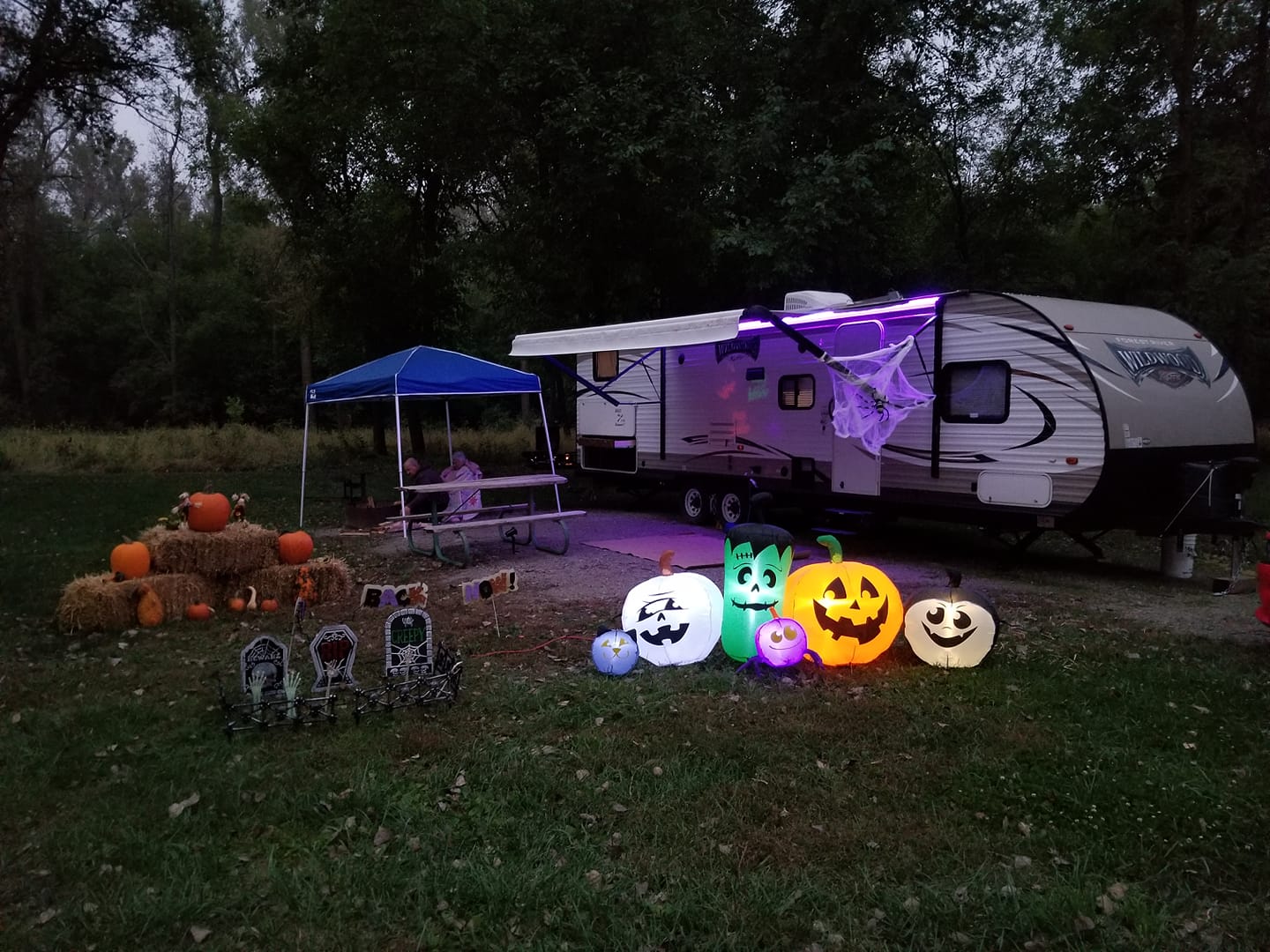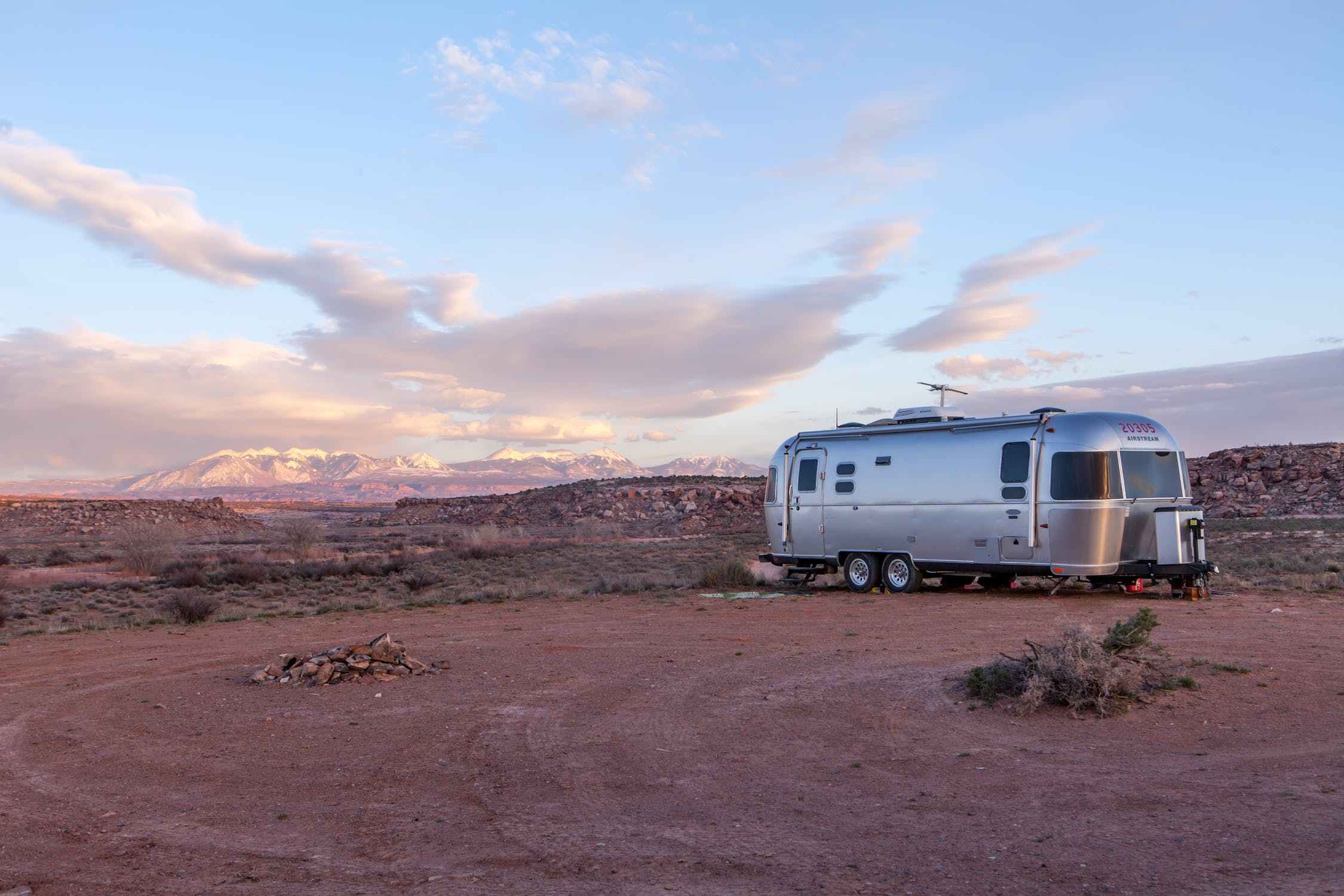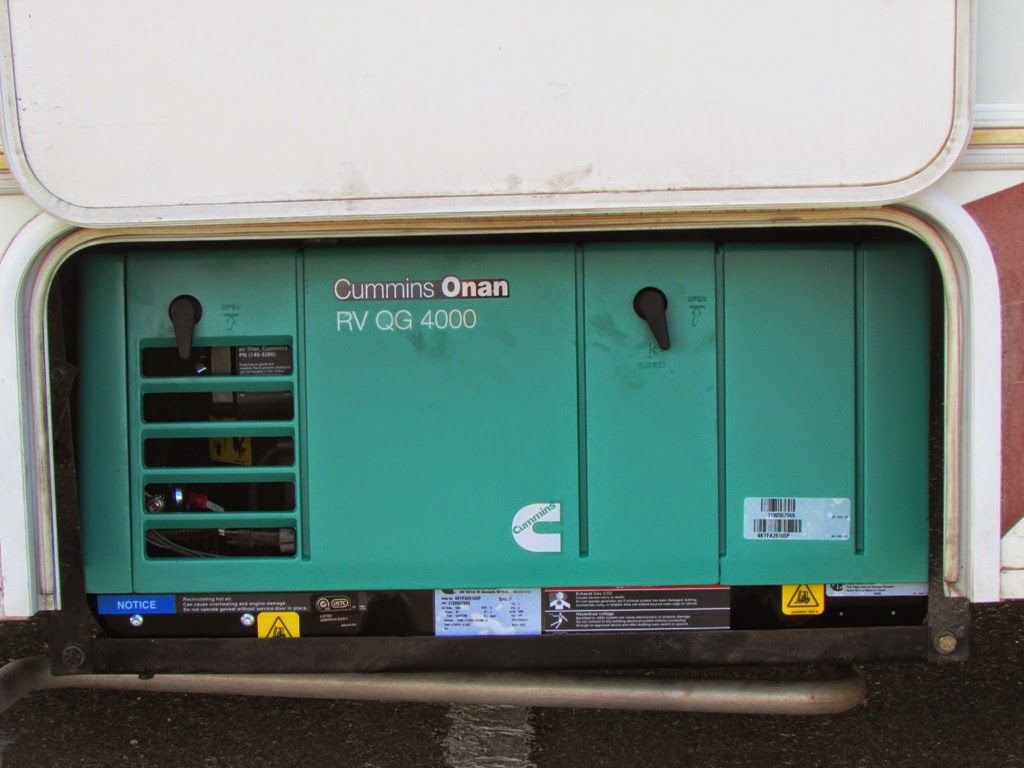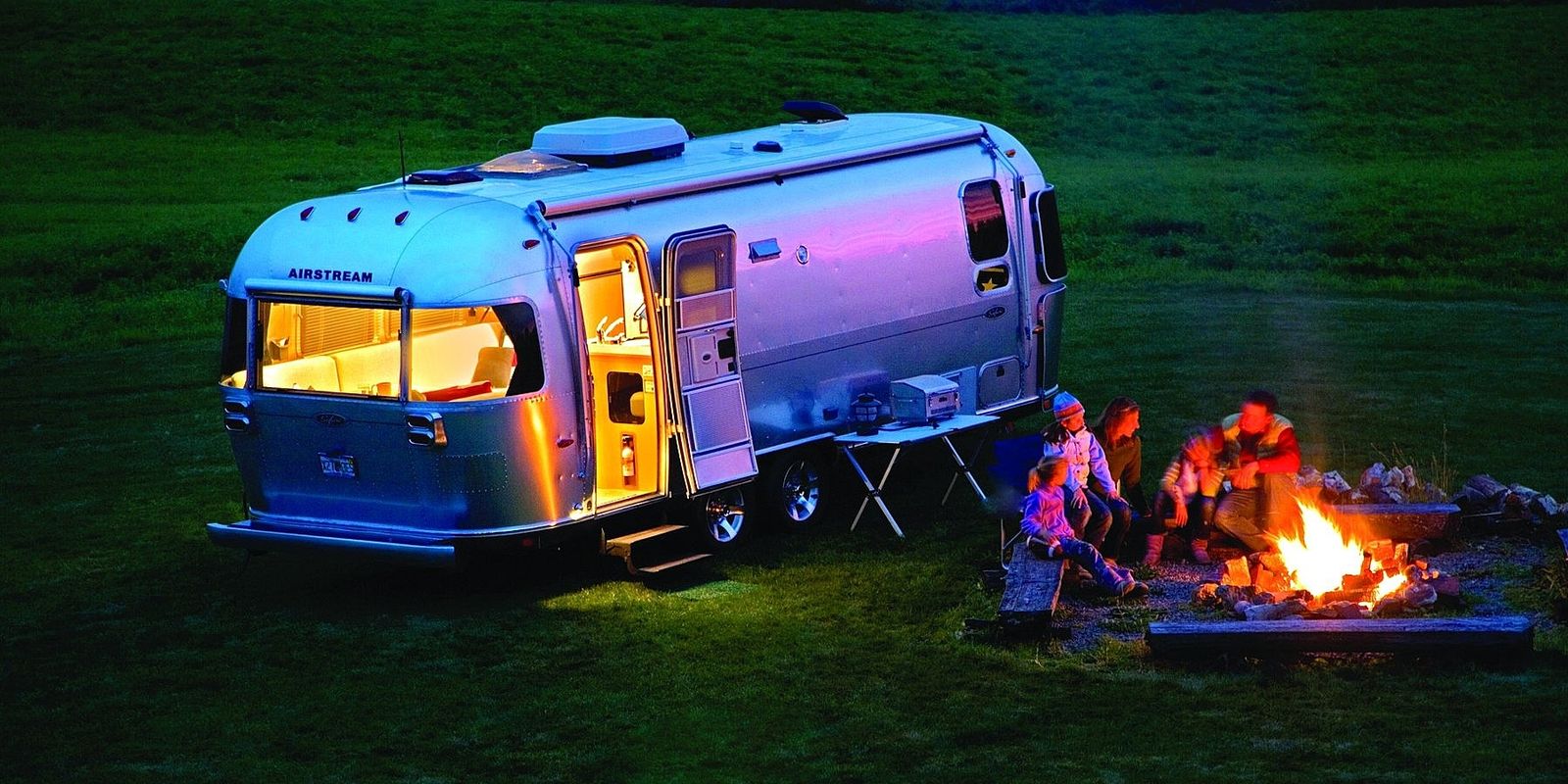Buying a used car is a practical way to go for several reasons. You can be a young professional looking to buy your first car. You can already be a car owner looking for a practical second car. Maybe the vehicle you want to buy is no longer available as a brand new model.
Whatever your reason is for opting to buy a used car, keep in mind that you also have to be prepared to shell out some money for additional expenses. What may seem like a sweet deal now may add up to some costly add-ons if you don’t know what to expect when buying a used car. We’ll help you prepare for these unforeseen expenses so you can walk away with the savings that you deserve.
Contents
Mechanical Issues
Don’t buy a used car and expect it to perform at par with brand new models. Even a well-built car is expected to last for a maximum of 15 years without any mechanical problems. Once a car hits the 15-year mark, you may expect some performance issues to arise due to the normal wear and tear of the car’s parts. Make sure that you take your used car for a test drive before purchasing.
It is also best to take a trusted mechanic to inspect the vehicle with you. This way, you can have an expert’s opinion on the car’s overall health. Watching out for potential mechanical issues can save you money in the long run.
Dealership Fees
Another way used car dealerships make money off selling used cars is by charging dealership fees. Dealership fees vary greatly depending on the dealership and state regulations. Some used car dealers include this in the total price; they call this an all-in pricing scheme. If your dealer did not include the dealership fees in the initial sticker price, this additional fee might come as an unwelcome surprise.
Dealership fees can cover any or all of the following:
- Vehicle registration fee
- Title fee
- License fee
- Documentation fee
- Compliance fee
- Emissions testing fee
- Floor plan fee
- Advertising fee
- Dealer preparation fee
- Car shipping fee
Dealership fees are generally negotiable, but it’s best to come prepared and discuss these fees with your dealer before cashing out on your purchase.
Finance Charges
Most people can afford to buy a used car by taking out a loan. If you plan on purchasing a used car on loan, you have to be prepared for any additional finance charges. Most dealerships have partner loan companies and would gladly help you out in the process. Most lending companies charge anywhere between 4.08 percent to 20.67 percent for car loan interest rates.
Sadly, finance charges are inevitable if you plan to take out a car loan. So it’s best to come prepared for these additional payments. A used car is an investment, so you will want to make sure you invest in the best that your money can buy. Use an OBD2 scanner to run regular checks on your cars, both used and new. You can find the best OBD2 scanner online or in your local car accessories store.
Car Sales Tax
Before deciding to buy a used car, make sure that you also keep in mind the mandatory car sales tax that you need to pay. More often than not, this tax is on top of the advertised sticker price of your used car. Tax rates also vary from state to state. The average car sales tax is 5.75 percent across the US. Knowing how much the car sales tax is in your area can help you prepare for this additional expense.
Most first-time car buyers forget to factor in the sales tax and get a huge surprise on the day of the sale. Do your research and talk to your car dealer about the car sales tax in your area to be prepared for the additional expenses.
Insurance and Extended Warranties
Car insurance is not mandatory in all fifty states. However, it is highly advised that you secure one for your car. The cost of car insurance averages around $1,321 annually. There are different types of car insurance depending on what fits your needs:
- Liability insurance—This type of insurance covers damages incurred during a collision once an investigation reveals that the policyholder is directly involved in the accident. Liability insurance is a legal requirement in most states for you to drive a car.
- Collision Coverage—This insurance will cover the expenses involving a collision with another vehicle.
- Comprehensive Coverage—This type of insurance offers you protection against other expenses incurred that do not involve accidents. These may be due to theft, vandalism or harsh weather conditions.
- Personal Injury Protection—This insurance policy will cover any medical expenses incurred in an accident. Depending on the issuing company, this type of insurance may also cover loss of income due to an accident.
- Uninsured or Underinsured Motorist—This type of insurance will cover expenses incurred if you encounter an accident with an uninsured or underinsured driver.
It would be best if you also watched out for extended warranties. This is an additional layer of protection on top of your regular car insurance. The average yearly cost for an extended warranty is around $1,000 to $2,000. Extended car warranties can help protect you against costly repairs in the future, especially when a manufacturer’s warranty no longer covers your used car.
A used car can be a valuable investment. If you know what to expect when buying a used car, you can be prepared to make the right financial decisions. Make sure that you get the most bang for your buck when making a used car purchase by researching and asking your used car dealer the right questions about your purchase.
Last Updated on November 4, 2023






